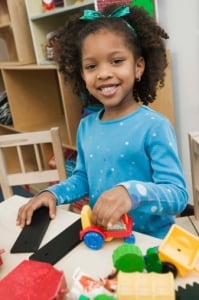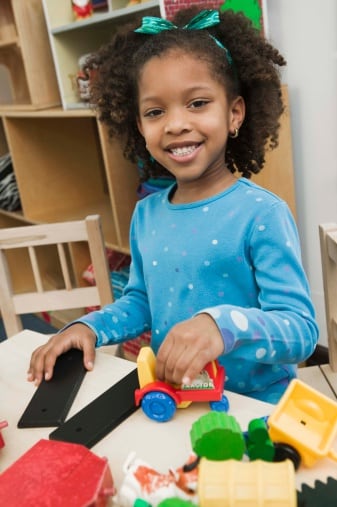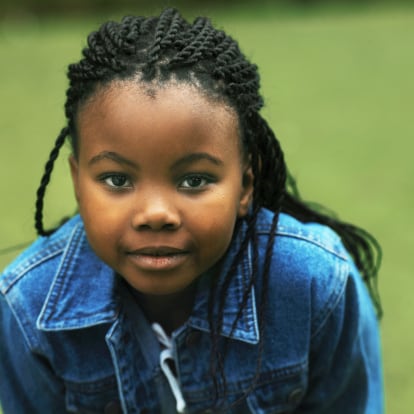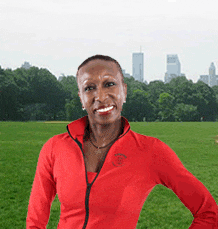
Social labeling impacts children’s ability to perform well academically, finds a recent study of third-grade girls. (Jupiterimages)
A small study suggests that the labels placed on African-American girls by their peers and possibly their teachers, can limit their opportunities to learn.
A researcher at the University of Illinois at Chicago (UIC) made the discovery after studying the behavior of a class of third-grade girls in a Chicago public school. By interviewing the students and interacting with them, she identified the students who were more socially connected to their peers and found that these students enjoyed greater access to learning.
As part of her work, Maisie Gholson, a UIC doctoral student in curriculum and instruction, determined which girls where at the core of the dominant social groups and which were more isolated from that group. She then looked closely at the two girls who achieved the highest grades in mathematics.
While both girls did well in math, the more popular girl was labeled and treated as a model student. The other girl was considered a bully who was isolated from the main social group. Gholson’s point is that the socially isolated child, the girl carrying the bully label, did not receive the same support, inclusion in group academic activities and recognition for academic achievement as the more popular child. As any parent knows, recognition in academic settings is often the key to scholarships, access to honors classes and other beneficial opportunities.
Gholson wrote, “Our preliminary analyses of student interviews and classroom interactions reveal that social networks are instrumental in shaping learning opportunities and the development of academic, mathematical, and racial identities of girls in this third-grade class.”
Her work builds on decades of research showing that all types of social labeling, whether it’s carried out by students or teachers, can impact a child’s ability to perform well academically.
Gholson also noted that girls were judged differently for showing physical aggression (bullying) than engaging relational forms of aggression, such as gossiping.
Gholson, who was awarded a National Academy of Education fellowship for her analysis, “Smart Girls, Black Girls, Mean Girls, and Bullies: At the Intersection of Identities and the Mediating Role of Young Girls’ Social Network in Mathematical Communities of Practice,” thinks educators should work to “cultivate an ethos within the school, at different grade levels, where children on their own volition create inclusive social groups focused on classroom learning.”
For parents, the best advice may be to focus on shoring up girls’ self-esteem, using tools such as the great advice shared by Deirdre Glenn Paul in her book, Talkin’ Back: Raising and Educating Resilient Black Girls.








